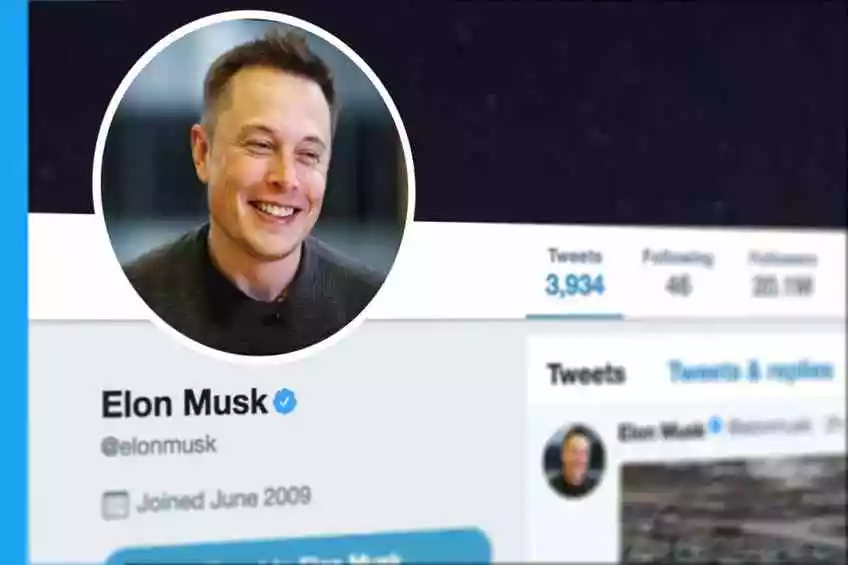
Progressive Congresspeople have often used Elon Musk as an example of a billionaire who doesn’t pay his fair share in taxes. Only recently, Musk and Senator Elizabeth Warren (D-MA) engaged in a Twitter war in which Warren called Musk out on the success of his company – all the while, she claims, he pays no taxes on his rather significant income.
Shortly after shots were initially fired on Twitter, Musk released information that he will likely have a 2021 tax bill of $11 billion. He filed paperwork with the SEC regarding his recent stock trades that reinforces this number.
After several exchanges with Warren over last weekend, Musk posted this information on Twitter. Of course, the tweet showed few details.
Musk had posted in a part of his Twitter exchange with Warren that he would likely have the largest tax liability in history this year. His follow-up tweet was intended to be proof of his claim. Independent investigations into the tax liabilities – or lack thereof – of a multitude of successful American entrepreneurs found that along with Musk, Amazon’s Jeff Bezos among other billionaires legally paid no income taxes as recently as 2018.
For a number of years, Musk has minimized his income tax liability as he is not compensated with a cash salary, as is likely the case for most CEOs. Instead, Musk has been paid in stock options. These options give him the right to purchase Tesla company shares as his compensation rather than a paycheck from the company.
In 2012, Musk received 25.5 million options of Tesla stock as compensation from the company. He didn’t have to pay taxes on those options until he used the options to buy shares.
Musk’s block of options from 2012 are set to expire in August 2022. He has finally begun the process of turning those options into stock in November 2021. He showed proof of those trades in his SEC filings, as he is required by law to do.
As he utilizes these options, the value of the shares are then considered personal income. Musk will be taxed at a rate of just over forty percent as someone in his tax bracket would be.
This is why Musk has not had to pay taxes in a number of years, but, in 2021, he will be obligated to do so. Musk is considered one of the richest people in the world, as well as in the United States.
Musk has been selling a portion of the new shares to cover the withholding tax due on said trades; this is a normal part of the course of executing options on stocks. The sales so far have totaled 7.5 million shares at a cost of $7.8 billion (this includes the exercise price).
Musk also possesses some 5.4 million shares he had in a trust; these sales will be taxed at a lower capital gains rate of twenty percent.
Altogether, the federal tax bill on Musk’s 2021 stock trades should be $8.4 billion.
Musk is correct – by the end of the year, his tax bill will most likely be $11 billion. This figure doesn’t account for state income taxes, either.
Musk has moved his residence as well as his company to Texas, where there is no state income tax. Legally, he can avoid paying income tax at the state level. There is a possibility, however, that he’ll have to pay some state income tax on his earnings prior to leaving the state of California.
Musk added to his tweets on Sunday that he will pay whatever state tax he is required to in the Golden State. He hinted that this amount should be significant as well.





